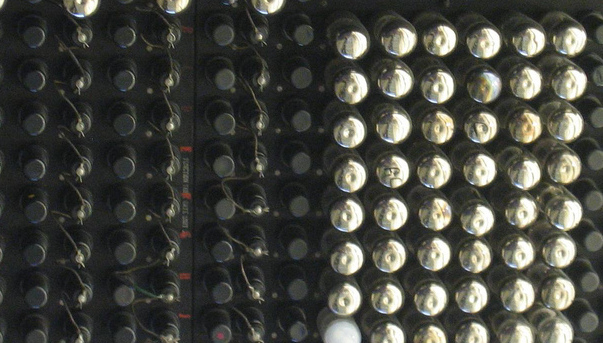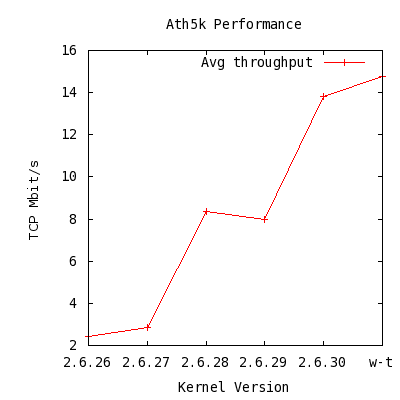Work on the Android wireless driver is stalled for now as kvalo is rebasing the patches. I believe the next step will be to take the platform code, which I have temporarily built into a module called msm_wifi¸ and turn it into a platform rfkill device. Or something like that — this is what he and I came up with at the wireless summit. Then there’s an annoying stack trace because free_irq() happens in common code, but sdio irqs are somewhat different so that needs to be pushed down into the interface layer.
Meanwhile, my project for the weekend was to get wl12xx integrated into the UI. This is an area that is likely to change anyway, so I didn’t want to spend a lot of time to do the whole thing properly, but I did want to get the plumbing pieces done correctly, which means libnl-tiny plus wpa_supplicant with netlink (-Dnl80211) support. As it turned out, this was a somewhat frustrating ordeal of mismatching wpa_s and libnl versions and general cross compiling headaches, so I didn’t finish this yet.
I did, however, also try the wext driver with wpa_s which I already compiled using the Android port. There are a few special commands that the Android UI sends to the wpa_s control interface, so I stubbed out a few of those in the wext driver. Then I moved wlan.ko out of the way, replacing it with msm_wifi (the hardware library inserts the wlan.ko module when you enable wireless through the UI). With these changes, wl12xx initializes when you click the checkbox, but wpa_supplicant gets confused somehow so there’s still a little work to be done here. I suppose I should just patch some of the library code to know about the other driver in order to reduce the number of hacks needed to get it started.

